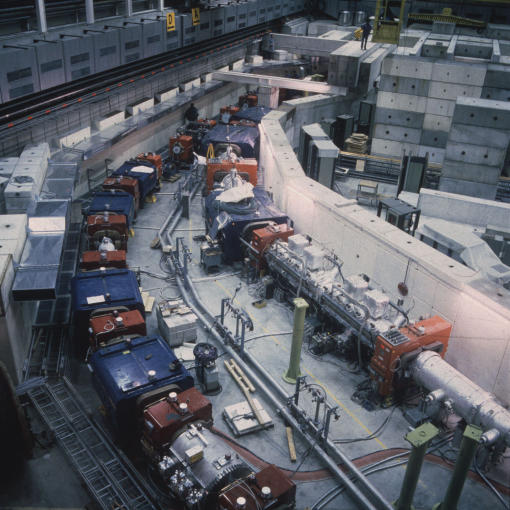Scientists at CERN will be doing an experiment to see whether antimatter is attracted or repelled by the Earth’s gravitational field. They have succeeded in trapping 309 atoms of neutral entihydrogen for over 15 minutes and say this is long enough to test how antimatter responds to the Earth’s gravitational field. See May 2nd story at: http://dvice.com/archives/2011/05/does-antimatter.php.
I have received inquiries as to what subquantum kinetics would predict as an outcome of this experiment. The answer can be found in Section 5.2 of Subquantum Kinetics. That is, subquantum kinetics predicts that gravitational fields produced by normal matter should attract antimatter, just in the same way that they do normal matter. So the neutral hydrogen antimatter trapped in the CERN experiment should be observed to fall rather than to rise. This is not much different from what most physicists believe would be the outcome expected for standard physics.
However, subquantum kinetics further predicts that antimatter should generate a gravitationally repulsive field that would repell bodies regardless of whether they are composed of matter or of antimatter. This prediction cannot be tested by CERN since the gravitational repulsive force produced by a few hundred antimatter particles would be far too weak to determine whether they would disperse from one another. Shortrange attractive molecular forces would likely dominate and keep them clumped together.
But, this gravitational repulsive effect could be another reason why we do not observe antimatter galaxies in the universe. That is, if an antimatter body were to survive long enough to grow in size, say by a slow vapor deposition process on the body’s surface, eventually it would fragment due to the build up of gravitational forces which would eventually dominate molecular cohesion.
Any speculation that the CERN experiment could throw light on the belief that the expansion of the universe is speeding up, is entirely off the mark, for the simple reason that the universe is not expanding to begin with. Unfortunately, the mainstream media writers and many astronomers have not caught on to the fact that the expanding universe theory was disproven at least 25 years ago; see our cosmology link.

